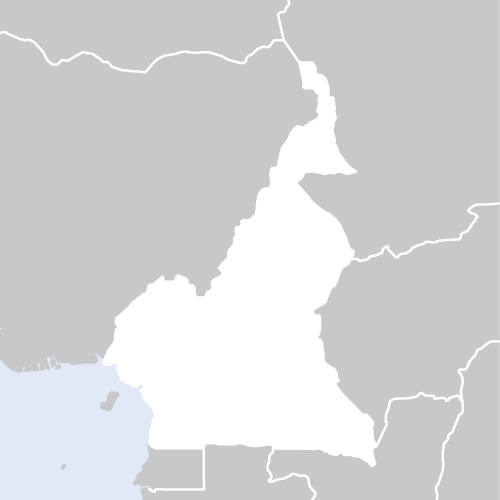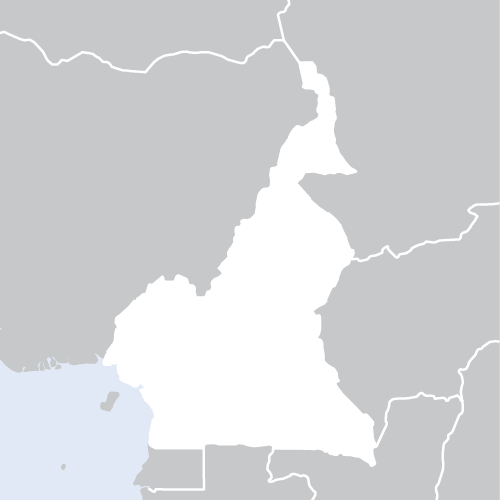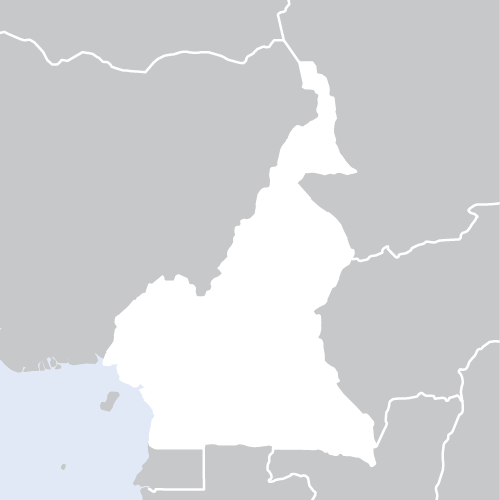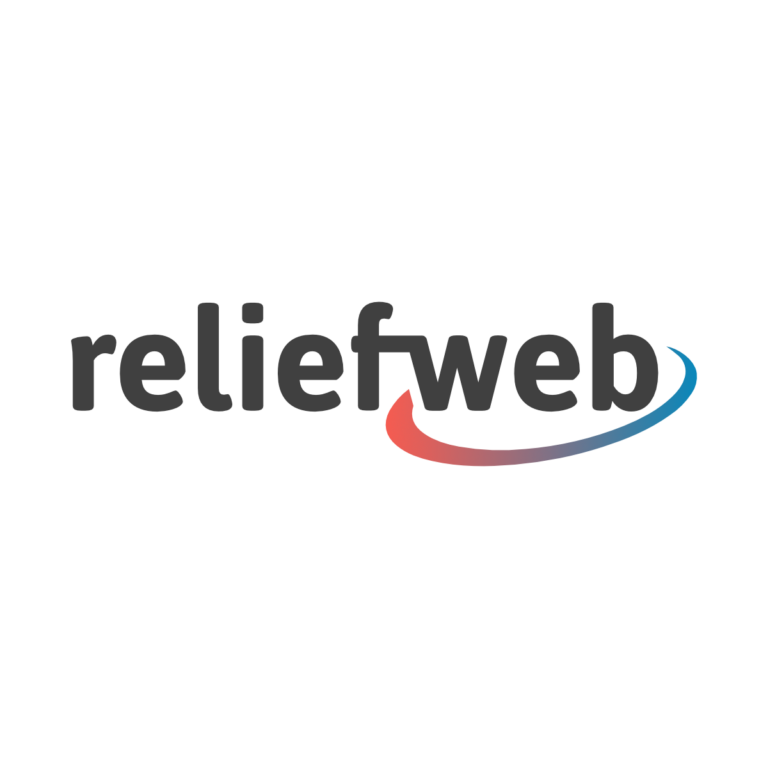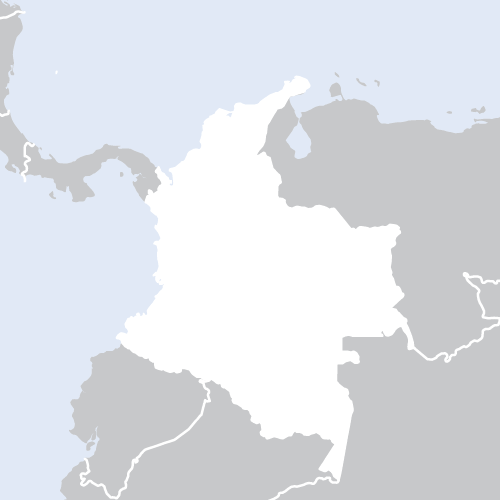Introduction
The Danish Refugee Council assists refugees and internally displaced persons across the globe: we provide emergency aid, fight for their rights, and strengthen their opportunity for a brighter future. We work in conflict-affected areas, along the displacement routes, and in the countries where refugees settle. In cooperation with local communities, we strive for responsible and sustainable solutions. We work toward successful integration and – whenever possible – for the fulfilment of the wish to return home.
The Danish Refugee Council was founded in Denmark in 1956 and has since grown to become an international humanitarian organization with more than 7,000 staff and 8,000 volunteers. Based in Copenhagen (Denmark) and present in forty countries, the Danish Refugee Council is a non-profit-making, politically independent, non-governmental and non-denominational relief organization.
Our vision is a dignified life for all displaced. All our efforts are based on our value compass: humanity, respect, independence and neutrality, participation, and honesty and transparency.
- Background
DRC has been operating in West Africa since 1998 and in Latin America and the Caribbean since 2011. The DRC West-North Africa & Latin America (WANALA) Regional Office is based in Dakar, Senegal, and covers several countries. Led by the Regional Executive Director, the DRC WANALA team oversees, supports, and provides strategic directions for DRC’s Country Offices within the above-mentioned regions through two offices based in Dakar and Bogota. Countries of operations include Algeria, Burkina Faso, Cameroon, Central African Republic, Colombia, Libya, Mali, Niger, Mexico, Nigeria, Tunisia, Venezuela.
Present in Colombia since 2011, DRC has been actively engaged in Latin America and the Caribbean, particularly in protection and humanitarian assistance responses to internal displacement and mixed migration flows sparked by the Venezuela crisis from 2018. The organization has played a pivotal role in addressing the urgent protection and basic needs of refugees and migrants on the move and at destination, as well as in assisting IDPs, victims of OSV, returnees, and Host communities. Nowadays, DRC has established presence in Colombia, Venezuela, and Mexico. In these countries DRC works through mixed implementation modalities (direct implementation and partnerships), while operates with local responders in Perú, Honduras, and Guatemala since 2020.
The DRC LA regional capacity, a department of multi-country grants and operations has been created with multi-country and cross-border projects, as well as regionally held grants. The offices portfolio is composed of multi-country and muti-year programmes (including in consortia) that operationalize triple nexus in strategic partnerships with local/international actors and integrate multiple sectors. It is currently responsible for the supervision and implementation of the Mixed Migration Centre activities, regional protection monitoring (ProLAC) and support to local organisations (LACPrim) project.
- Purpose of the job
Provides coordinated and strategic leadership for all support functions and ensures the smooth running of all support functions to meet the programme needs in line with the DRC Operations Handbook.
Geographical scope: This role has a focus on Latin America and ensures compliance to DRC procedures and guidelines within DRC sub region and potential development in neighbouring areas covered by the regional capacity.
The role defines the multi country projects support strategy and contributes to the development of country and multi-country strategies, which are translated into action plans and day-to-day tasks.
- Responsibilities
Planning and strategy
• Ensure that annual planning for support services is done and regular targets are met and that these are linked to the regional support services unit for regional consistency
• Ensure that project planning includes relevant support service requirements (such as lead times and appropriate budgets)
• Ensure that resource mobilisation is realistic and meets the needs of support functions, by using the operations budget to input to donor proposals
• Ensure that support services are fit for purpose to meet programme needs
• Be the focal point for the compliance self-check, risk register, internal audit.
HR support
• Ensure that monthly reports and produced and that targets are met by the department, while being a link to the HR regional and Headquarters unit
• Ensure that quarterly tasks are completed on time (such as staff induction, Code of Conduct training and leave planning)
• Ensure that annual HR tasks are completed as per the Operations Handbook (e.g., Performance & Development Reviews)
• Streamline HR responses accross departments (e.g., support on organogram development)
• Ensure the HR team fulfils daily tasks, such as recruitment, contract renewal/ amendments, timesheet submission and leave tracking
Administration support
• Be the focal point for key administrative tasks
• Oversee the team to ensure follow up on routine tasks are carried out (guesthouse supplies, visa applications, phone credit purchase, utilities bill payments, rental and lease agreements)
Supply Chain support
• Ensure procurement procedures are followed while being the focal point for tenders together with the coordination unit (including being a chairman for most major tenders)
• Closely follow department KPIs and ensure that monthly report submissions are timely and of high quality
• Work with the LPM to ensure each of the sub departments (procurement, assets, warehouse and IT) have targets and are meeting them, in line with Operation Handbook procedures
Finance
• Primary budget holder for all support service lines and secondary budget holder for all support service lines
• Responsible for budget monitoring and forecasting for support service budgets
• Work with senior managers to budget monitor all grants
• Ensure that key annual finance tasks are completed (such as the annual reports)
• Work with finance to ensure programme teams clearly understand compliance requirements
• Ensure that monthly finance tasks are completed (payroll, SOS, PIT, cashbooks and cash forecasts) and in line with Operations Handbook procedures
- Required Skills & Qualities
• At least 5 years’ experience in similar role
• At least 3 years’ experience with people management
• Knowledge of project cycle management
• Knowledge of supply chain management and procurement processes
• Knowledge of budget cycle and monitoring processes
• Knowledge of code of conduct principles and the HR systems for performance management
• Knowledge of key donor policy and compliance procedures
• Full professional proficiency in Spanish and English
Desirable:
-
Previous experience in Latin America context
-
In this position, you are expected to demonstrate DRC’ five core competencies:
. Striving for excellence: You focus on reaching results while ensuring an efficient process
. Collaborating: You involve relevant parties and encourage feedback
. Taking the lead: You take ownership and initiative while aiming for innovation
. Communicating: You listen and speak effectively and honestly
. Demonstrating integrity: Upholding and promoting the highest standards of ethical and professional conduct in relation to DRC’s values and Code of Conduct, including safeguarding against sexual exploitation, abuse and harassment
- Ability to work in a multinational and multicultural environment
- Proven analytical and critical thinking skills
- Team-oriented & good sense of humor
- General Regulations
The employee shall follow :
- DRC regulations on safety, health, COVID-19 norms and hygiene
- The Code of Conduct and all ethical guidelines, including the Code of Conduct and the Humanitarian Accountability Framework
- Rules for the use of the DRC guesthouse, which is a working accommodation
In addition :
- Employee should not engage in any other paid activity during the DRC contract period without prior authorization
- Employee should not engage in any activity that could harm DRC or the implementation of any project during the DRC contract period
- Employee should not give interviews to the media or publish project-related photos or other material without prior authorization
- Employee shall return all borrowed equipment for the project to DRC after the end of the contract period or upon request.
How to apply
- Application Process
Are you interested? Then apply for this position online**: www.drc.dk/about-drc/vacancies/current-vacancies.** All applicants must send a cover letter and an updated CV (no longer than four pages). Both must be in English**.**
DRC encourages all applicants to apply and does not practice any discrimination in any recruitment process. DRC provides equal opportunity in employment and prohibits discrimination in employment on the basis of race, sex, color, religion, sexual orientation, age, marital status or disability.
Closing date for applications: 13/10/2024. Applications submitted after this date will not be considered.
Due to the urgency of the position, DRC has the right to recruit a candidate who matches the required profile before the above deadline.
